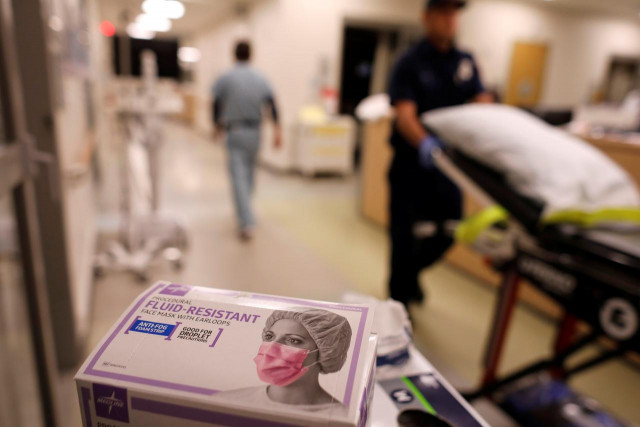Life skills education, better health access critical to development
National study on state of reproductive health of adolescents and youth in Pakistan launched

A Reuters representational image.
This was concluded in a national study on the state of reproductive health of adolescents and youth in Pakistan. The study had been jointly conducted by the Population Council and the United Nations Population Fund (UNFPA) with support from the UK’s Department for International Development (DFID).
The study was conducted in Islamabad, Karachi, Lahore, Quetta and Peshawar. It analysed health issues including puberty, family planning and marriage, and awareness on gender-based violence faced by adolescent and young boys and girls between the ages of 15 to 29-years-of-age.
Story of neglect: Another grim year for healthcare in Pakistan
The study recommended making health, including reproductive health information and services more accessible to young people. Health staff must be trained in counselling and treatment modalities. Medical camps and lady health workers programme must address out of school adolescents’ health issues whereas pre-marriage counselling should be provided to young couples about family planning, fertility management and birth spacing. The study further recommended introducing compatible life skills-based education drawing on all main stakeholders that the youth relies on for guidance including families, schools, the health community, religious scholars and media.
Addressing the report’s launch ceremony in Islamabad on Wednesday, Parliamentary Secretary for National Health Services Dr Nosheen Hamid said that stronger legislation is needed to ensure universal access to health services, including reproductive health services, in line with the recommendations of the Council of Common Interests (CCI).
Population Council Country Director Dr Zeba Sathar said the report forms the basis of interventions to improve healthcare in the country.
The report findings, she said, also endorse the CCI’s recommendations of ensuring universal access to reproductive health services and life skills-based education. UNFPA Representative in Pakistan Lina Mousa said that “Mainstreaming life skills-based education for children, in and out of school, is essential to promote the healthy development of young people”.



1724319076-0/Untitled-design-(5)1724319076-0-208x130.webp)















COMMENTS
Comments are moderated and generally will be posted if they are on-topic and not abusive.
For more information, please see our Comments FAQ